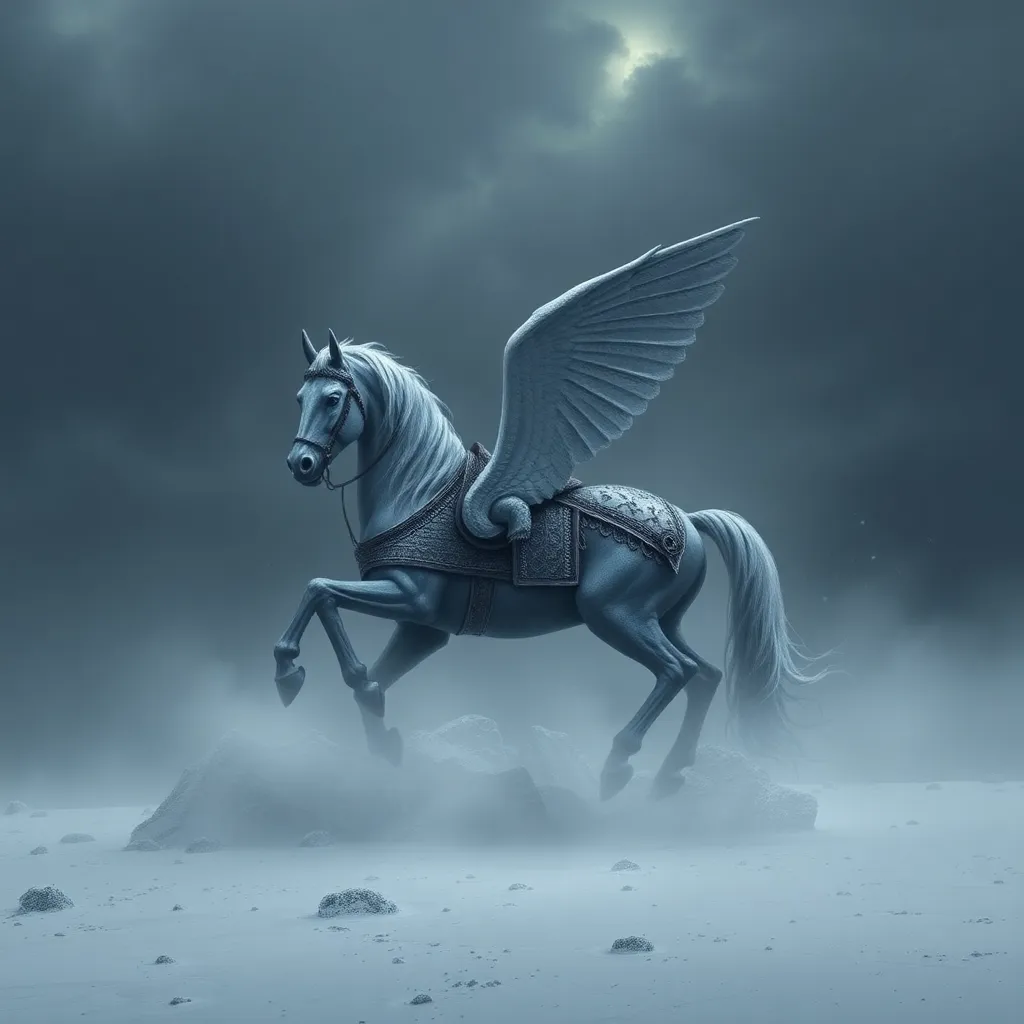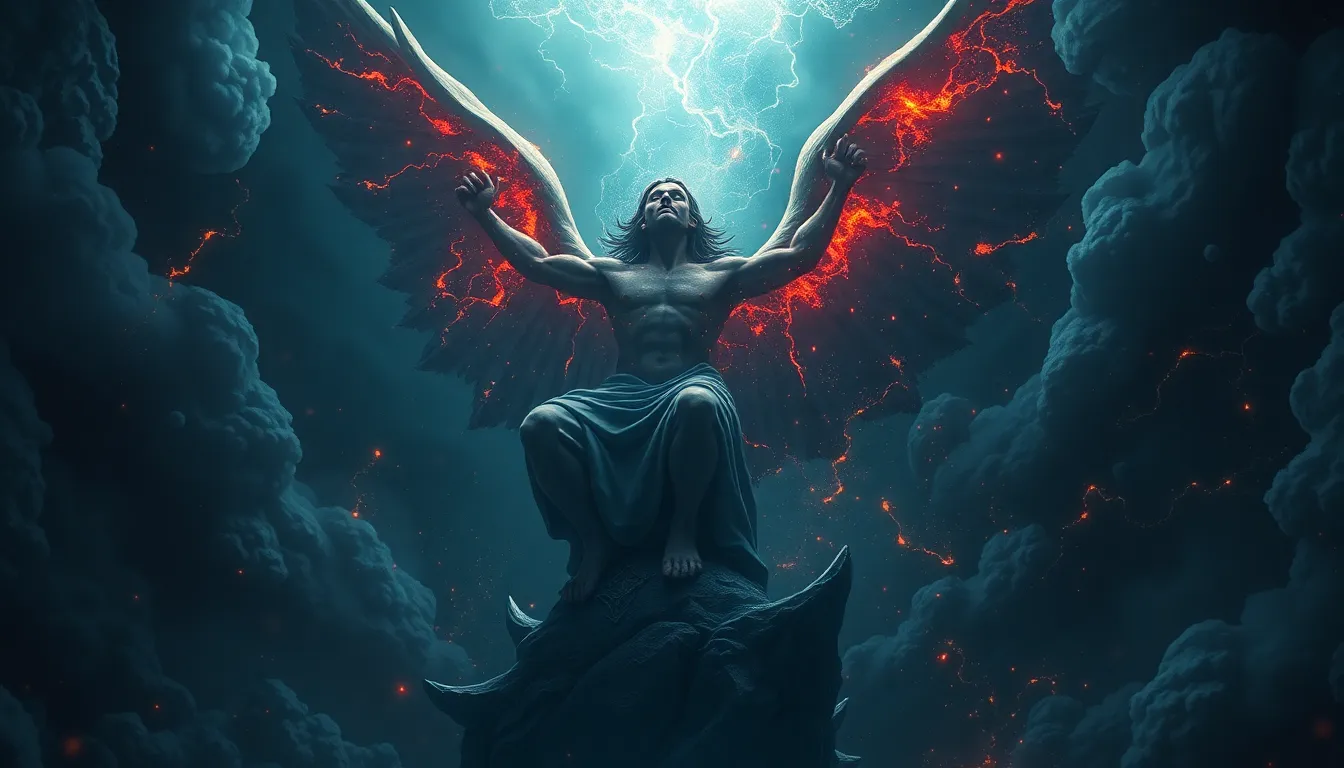The Concept of Leadership in Norse Mythology
The Role of Leadership in Norse Mythology
In Norse mythology, leadership held profound importance. The gods, especially Odin, Thor, and Freyja, embodied various aspects of leadership, including wisdom, strength, and fertility. Odin, as the Allfather, was seen as the overarching leader of the gods, revered for his knowledge, sacrifice, and foresight. Thor represented strength, courage, and protection, reflecting the warrior aspect of leadership. Freyja symbolized love, beauty, and fertility, offering a balance between power and compassion in leadership.
Characteristics of a Norse Leader
In Norse mythology, leadership qualities encompassed a range of attributes. Courage and bravery were essential, as seen in Odin and Thor’s actions in battles against enemies and giants. Wisdom and strategic thinking were also vital, demonstrated by Odin’s quest for knowledge and sacrifice of his eye for wisdom. Additionally, empathy and compassion, as depicted by Freyja’s caring nature towards others, were valued traits in a Norse leader. Overall, a Norse leader was expected to display a mix of courage, wisdom, and benevolence in guiding their followers.
Challenges Faced by Norse Leaders
Despite their revered status, Norse gods and heroes faced numerous challenges in leadership. Betrayal and deception were recurrent themes, with trickster figures like Loki often testing the gods’ resolve and unity. Conflicts with giants, monsters, and other mythical beings presented constant threats, requiring leaders to demonstrate strength and cunning in defense of their realms. Moreover, the inevitability of Ragnarök, the final battle that would bring about the end of the world, cast a shadow over even the most powerful leaders, challenging their ability to inspire hope and resilience in the face of doom.
Legacy of Norse Leadership
The concepts of leadership rooted in Norse mythology have left a lasting impact on popular culture and storytelling. Themes of sacrifice, loyalty, and the cyclical nature of fate continue to shape narratives in various forms, from books to films to video games. The dynamic portrayal of leaders in Norse mythology, with their strengths and flaws interwoven, offers a rich tapestry of lessons on governance, mentorship, and the enduring legacy of leadership through generations.
FAQs about the Concept of Leadership in Norse Mythology
What is the significance of leadership in Norse mythology?
In Norse mythology, leadership plays a crucial role as leaders are expected to protect their communities, make wise decisions, and embody qualities like courage and honor.
Who are some notable examples of leaders in Norse mythology?
Some prominent leaders in Norse mythology include Odin, the Allfather and chief of the gods, and Thor, the mighty god of thunder known for his strength and protection.
What qualities are valued in a leader in Norse mythology?
Leaders in Norse mythology are expected to possess qualities such as bravery, wisdom, loyalty, and the ability to inspire and protect their followers.
How do Norse mythological stories depict the responsibilities of leaders?
Norse mythological stories often highlight the responsibilities of leaders to maintain order, protect their people from threats, and guide them with wisdom and integrity.
What can we learn about leadership from Norse mythology?
From Norse mythology, we can learn valuable lessons about the importance of courage, honor, wisdom, and the willingness to make sacrifices for the greater good in leadership roles.




